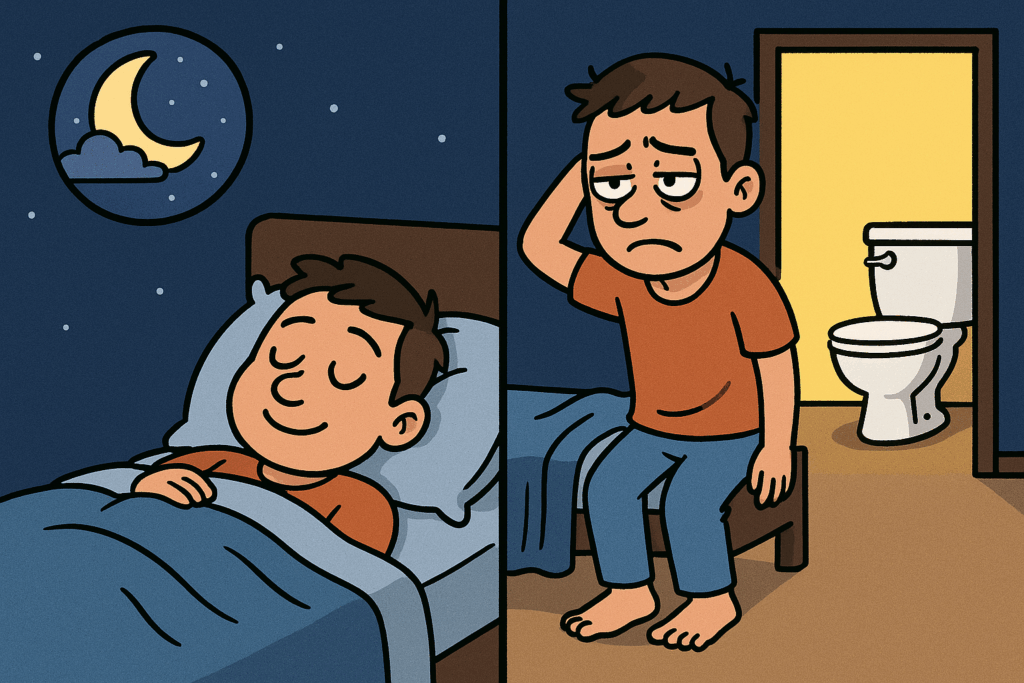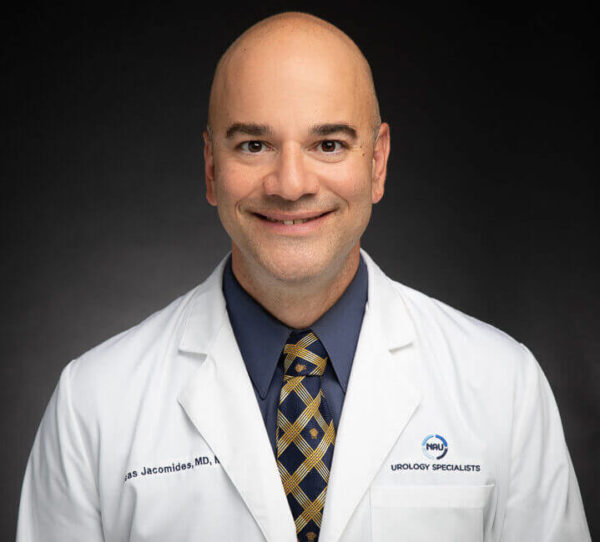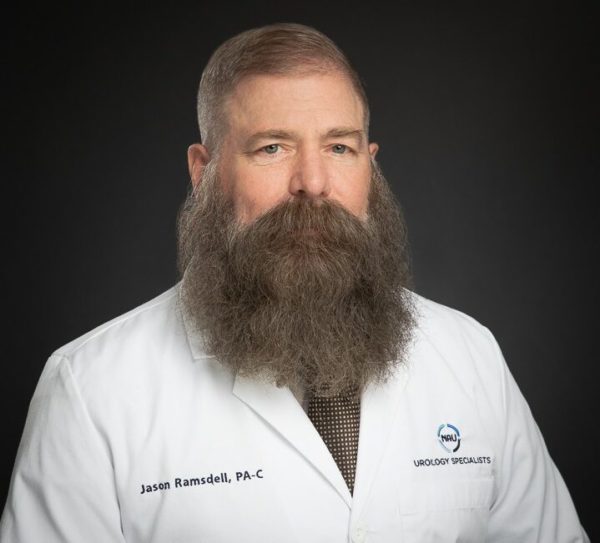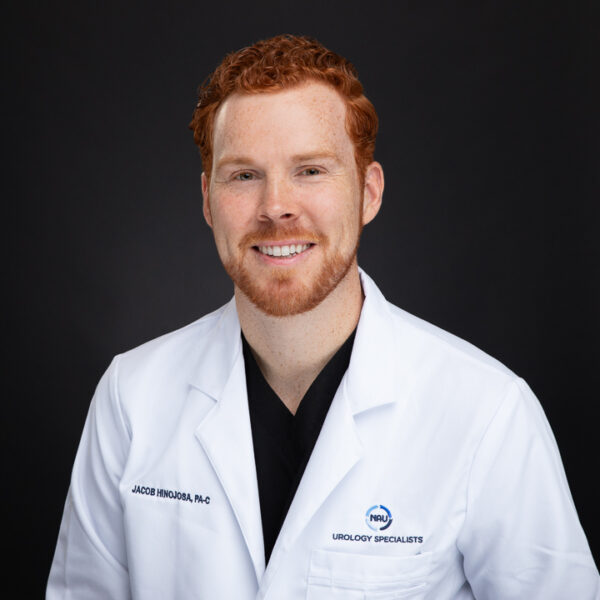
Sleep apnea and urology might seem like an odd pair, but they are more connected than you would think. If you are dealing with urological issues and your sleep is not great, you are not alone. Many people do not realize these two areas of health can affect each other in significant ways.
This article explores the relationship between sleep health and urology. We will look at how poor sleep can impact your urological health and the other way around. You will learn about the surprising connections between these two medical fields and what you can do to improve both your sleep and urological well-being.
Whether you are a snorer, a frequent nighttime bathroom visitor, or just curious about the link between sleep and urology, this guide has helpful information. We will break down the science and share some practical tips. Hopefully, this information can help you sleep a little easier tonight.
What is Sleep Apnea?
Sleep apnea is much more than just loud snoring; it is a serious sleep disorder. It causes your breathing to repeatedly stop and start while you are asleep. These pauses, or apneas, can last from a few seconds to over a minute and happen many times throughout the night.
This condition, often called sleep apnea syndrome, can severely disrupt your sleep cycle. Each pause in breathing can lower the oxygen levels in your blood. Your brain then briefly wakes you up to restart breathing, preventing you from reaching the deeper, restorative stages of sleep.
There are three main types of this sleep disorder:
- Obstructive Sleep Apnea (OSA): This is the most prevalent form. Obstructive sleep apnea occurs when the airway becomes blocked, typically because the soft tissue in the back of the throat collapses during sleep. The structure of the upper airway is a common factor in obstructive sleep apnea.
- Central Sleep Apnea: This type is less common. It happens when the brain fails to send the correct signals to the muscles that control breathing, so there is no effort to breathe for a short period.
- Complex or Mixed Sleep Apnea Syndrome: As the name suggests, this is a combination of both obstructive sleep apnea syndrome and central sleep apnea. A person with this condition experiences symptoms and physiological events from both types.
The immediate effects of sleep apnea, particularly obstructive sleep, include daytime sleepiness, morning headaches, and difficulty concentrating. Over time, this apnea syndrome can increase the risk of serious health problems like high blood pressure, heart disease, and type 2 diabetes. Recognizing it as a medical condition needing treatment is the first step toward better health.
The Surprising Connection: Sleep Apnea Urology
So, what does sleep apnea have to do with the urinary tract and general urology? The link is becoming clearer through ongoing research, connecting disturbed sleep with a range of urological symptoms. The effects of repeated oxygen deprivation and sleep fragmentation have a direct impact on your body’s functions, including those managed by the urological system.
Here are some of the most significant ways sleep apnea and urology intersect:
1. Nocturia and Overactive Bladder
If you find yourself waking up multiple times a night to urinate, a condition known as nocturia, sleep apnea might be the underlying cause. Many studies link sleep apnea to an increased frequency of nighttime urination. This frequent need to go is not just an inconvenience; it is a sign of a physiological response to the apnea events.
When you stop breathing, the oxygen level in your blood drops, and the carbon dioxide level rises. This change puts stress on your heart. In response, your heart releases a hormone called atrial natriuretic peptide (ANP), which signals your kidneys to produce more urine, leading to nocturnal polyuria, or the overproduction of urine at night.
Additionally, the constant waking from the apnea events themselves gives you more opportunities to notice a full bladder. Symptoms of an overactive bladder (OAB), like a sudden, urgent need to urinate, can also be worsened by sleep apnea. Treating the sleep disorder often leads to a dramatic reduction in these frustrating urinary tract symptoms.
2. Erectile Dysfunction
For men’s health, the link between obstructive sleep apnea and erectile dysfunction (ED) is particularly strong. Many men with untreated sleep apnea report difficulties achieving or maintaining an erection. The connection is rooted in the physiological stress that the sleep disorder places on the body.
The repeated drops in blood oxygen levels, called intermittent hypoxia, damage the lining of blood vessels (the endothelium). This damage impairs the production of nitric oxide, a crucial molecule for the relaxation of smooth muscles in the penis that allows for increased blood flow and an erection. Furthermore, chronic sleep deprivation can disrupt hormone levels, including lowering testosterone, which also contributes to erectile dysfunction.
Treating sleep apnea, often with continuous positive airway pressure (CPAP) therapy, can restore normal oxygen levels and improve cardiovascular health. As a result, many men see a significant improvement in erectile function. This highlights how addressing a sleep disorder can resolve what seems to be a purely urological problem.
3. Kidney Function and Kidney Stones
Your kidneys are not exempt from the effects of sleep apnea. The same intermittent hypoxia and oxidative stress that affect blood vessels can also harm delicate kidney tissue over time. This can contribute to the development or progression of chronic kidney disease (CKD).
Research published in medical journals has shown a higher prevalence of sleep apnea in patients with CKD. The relationship appears to be bidirectional, with each condition potentially worsening the other. Managing sleep apnea can help reduce strain on the kidneys by stabilizing blood pressure and reducing inflammation.
There is also emerging research exploring a potential link between sleep apnea and the formation of kidney stones. While the connection is not fully understood, factors like altered urine pH and dehydration associated with nocturnal polyuria could play a role. A comprehensive urological evaluation might consider sleep health as part of the bigger picture.
4. Prostate Health and Cancer Risk
The symptoms of an enlarged prostate (BPH) and nocturia caused by sleep apnea can overlap, creating a confusing clinical picture. A man might be treated for BPH when the root cause of his nighttime urination is actually an undiagnosed sleep disorder. This is why a thorough evaluation of all tract symptoms is so important.
Beyond benign conditions, some research suggests a possible association between severe sleep apnea and more aggressive prostate cancer. The chronic inflammation and low oxygen levels associated with sleep apnea may create an environment that supports tumor growth. While more research is needed to confirm a direct causal link, it is an active area of investigation in the field of urological cancer.
A systematic review of existing studies can provide deeper insights into this potential link. For patients with urological cancer, managing other health conditions like sleep apnea is part of a holistic approach to care.
Diagnosing Sleep Apnea in Urology Patients
Because of the strong connection between sleep apnea and urological issues, many urologists are now proactive in screening for sleep disorders. If you present with symptoms like nocturia or erectile dysfunction, your doctor might ask questions that seem unrelated to your urinary tract. Do not be surprised if the conversation turns to your sleep quality.
The diagnostic process might include:
- Screening Questionnaires: Your doctor may use a simple questionnaire like the STOP-BANG to assess your risk for obstructive sleep apnea. This tool asks about snoring, tiredness, observed apneas, blood pressure, BMI, age, neck circumference, and gender.
- Physical Examination: A physical exam will include checking your blood pressure, measuring your neck, and examining your throat and airway for any physical obstructions. This helps identify risk factors associated with obstructive sleep apnoea.
- Referral for a Sleep Study: If your screening suggests a high risk, your urologist will likely refer you to a sleep specialist. You may undergo a polysomnography (PSG) in a sleep lab or a Home Sleep Apnea Test (HSAT). This study will monitor your breathing, heart rate, and oxygen levels to confirm a diagnosis.
This collaborative approach between general urology and sleep medicine is crucial for accurate diagnosis and effective treatment. It addresses the root cause of your symptoms rather than just managing them.
Treatment Options: Addressing Both Sleep and Urological Health
Treating sleep apnea effectively can lead to significant improvements in your urological health and overall quality of life. The primary goal of treatment is to keep your airway open during sleep, ensuring you get consistent oxygen. Treatment plans are customized to the individual’s needs and the severity of their apnea syndrome.
Here are some of the most common treatment approaches:
1. Continuous Positive Airway Pressure (CPAP)
CPAP therapy is the most effective and widely used treatment for moderate to severe obstructive sleep apnea. It involves a machine that delivers a steady stream of air through a mask you wear while sleeping. This constant flow of air creates positive airway pressure, acting as a splint to keep your throat from collapsing.
This continuous positive airway method is highly effective at eliminating breathing pauses and restoring normal oxygen levels. Many patients using CPAP report a dramatic decrease in nocturia within weeks. Improvements in erectile function and blood pressure control are also common benefits of consistent continuous positive airway pressure therapy.
2. Lifestyle Changes
For mild cases of sleep apnea, or in conjunction with other treatments, lifestyle modifications can make a significant difference. Losing excess weight can reduce fatty tissue in the neck and throat, which may be obstructing your airway. Avoiding alcohol and sedatives before bed is also important, as these substances relax the throat muscles and can worsen apnea.
Positional therapy, which involves strategies to help you sleep on your side instead of your back, can also be effective for some people. Regular exercise can improve sleep quality and contribute to weight loss. These changes are a cornerstone of both good sleep hygiene and urological health.
3. Oral Appliances
For individuals with mild to moderate sleep apnea or those who cannot tolerate CPAP, an oral appliance may be a good option. These devices, which look like mouthguards, are custom-fitted by a dentist. They work by either repositioning the lower jaw forward (Mandibular Advancement Device) or holding the tongue in place (Tongue Retaining Device) to keep the airway open.
4. Surgical Procedures
Surgery is typically considered when other treatments have failed or are not appropriate. Several surgical options exist to address physical obstructions in the airway. These can range from removing tissue in the throat, like the uvula and tonsils (uvulopalatopharyngoplasty or UPPP), to more complex procedures that reposition the jaw.
Working with your healthcare team will help determine the best approach for you. The key is finding a treatment you can stick with consistently for long-term success.
Living with Sleep Apnea and Urological Issues
Managing both a sleep disorder and urological symptoms can feel like a lot to handle, but finding the right treatment path can lead to major life improvements. Consistency and communication are fundamental. Sticking to your treatment plan, whether it is using your CPAP nightly or maintaining lifestyle changes, is crucial for seeing benefits.
Keeping a simple journal to track your sleep patterns, number of nightly bathroom trips, and daytime energy levels can be very helpful. This information gives your doctors clear data on how well your treatment is working. Do not hesitate to read the user guide for any medical equipment you use, as it contains important operational and maintenance information.
Open communication between your urologist and your sleep specialist is vital. Make sure each doctor is aware of all your symptoms and treatments. This collaboration ensures your care is comprehensive and coordinated, preventing one treatment from negatively impacting another health issue.
Conclusion
The relationship between sleep apnea and urology is clear and significant. If you are experiencing urological issues such as nocturia, overactive bladder, or erectile dysfunction, it is worth considering the quality of your sleep. Similarly, if you have a known sleep disorder like sleep apnea, pay attention to any emerging urological symptoms.
By addressing both sleep apnea and urological health together, you are taking a complete approach to your overall well-being. Good sleep is foundational for every part of your health, and that absolutely includes your urological system. Do not hesitate to discuss sleep concerns with your urologist or bring up urinary tract symptoms with your sleep specialist.
With proper care and attention, you can improve both your sleep and your urological health. This dual focus can lead to a much better quality of life. Healthy days and restful nights are achievable goals.












